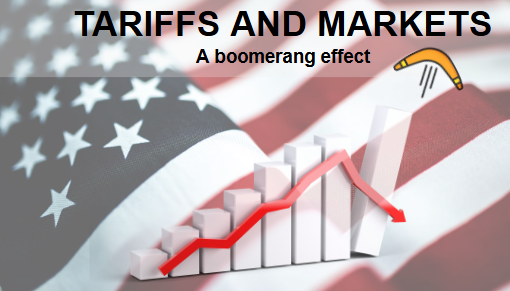Baht's Paradise
High tourist revenues and a safe monetary policy have made the Baht a safe-haven currency.
Published by Luigi Bidoia. .
Exchange rate Dollar Asia Exchange ratesThe demand for Thai baht on forex markets has been high again this week, as we can infer from its exchange rate against the dollar, that has remained below the level of 31 baht per dollar. If we consider that, at the beginning of the year, it took almost 33 baht to buy a dollar and that the dollar was never as popular as it is now, the strength of Bath is evident.

What makes the Baht so strong
The strength of the Baht is linked to a structural and high trade balance. In the average of the last 5 years, it has been equal to 10% of GDP. This has allowed Thailand to increase its foreign exchange reserves above level of $200 billion, reaching the third position (after Switzerland and Singapore) among the countries with the highest Reserve/GDP ratio. High reserves, a structurally positive trade balance and an inflation rate close to zero, make the baht's exchange rate risk practically nil against the dollar. In this context, yields on medium and long-term bonds close to that of US bonds lead to consider investments in baht as an excellent mean of diversification with respect to investments in dollar.
The Thai economy suffers the strength of the Baht
The appreciation of the Baht is however bringing many problems to the Thai economy. In H1-2019 exports of goods at constant prices recorded a substantial stability compared to the corresponding period of 2018 and a 2% decline in dollars.
Even tourism, a fundamental source of foreign currency, seems to be affected by the strength of the Baht. Tourist operators are worried about the decline in Chinese tourists. Three factors underlie this decline:
- The serious incident last year on a boat off the Phuket "paradise", where 47 people died
- The slowdown and concerns about the Chinese economy
- The appreciation of the Baht
Lower global growth, a loss of competitiveness, lower tourist flows and slowing investments led the Bank of Thailand (BOT) to revise its GDP growth estimates for 2019 (2.8%), with a sharp slowdown compared to last year.
Politicians' concerns about the strength of the Baht are growing, together with requests for a more accommodative monetary policy. The bank's position is extremely prudent. The governor, Veerathai Santiprabhob, has repeatedly stressed the need to be cautious and to be prepared for exchange rate volatility. It is clear that, even after 20 years, the dramatic bath crisis of July 1997, the epicenter of the Asian currency crisis, still weighs on the behavior of the central bank.
However, on August 7 the BOT cut the official rate by 25 basis points, bringing it to 1.50%, for the first time since 2015, surprising the markets. This reduction was basically imposed by the equivalent American rate cut, which took place the previous week.
The slowdown in the economy poses a challenge to the current "civil" government that took office in June. The disputed spring elections this year confirmed Prime Minister Prayut Chan-o-cha, head of the military junta that had seized power in 2014 with a coup. Many argue that the economic path Thailand needs to undertake, in order to transform from a low-cost Asian tiger to a fully developed country, requires a leadership different from the one that a military junta can express.


